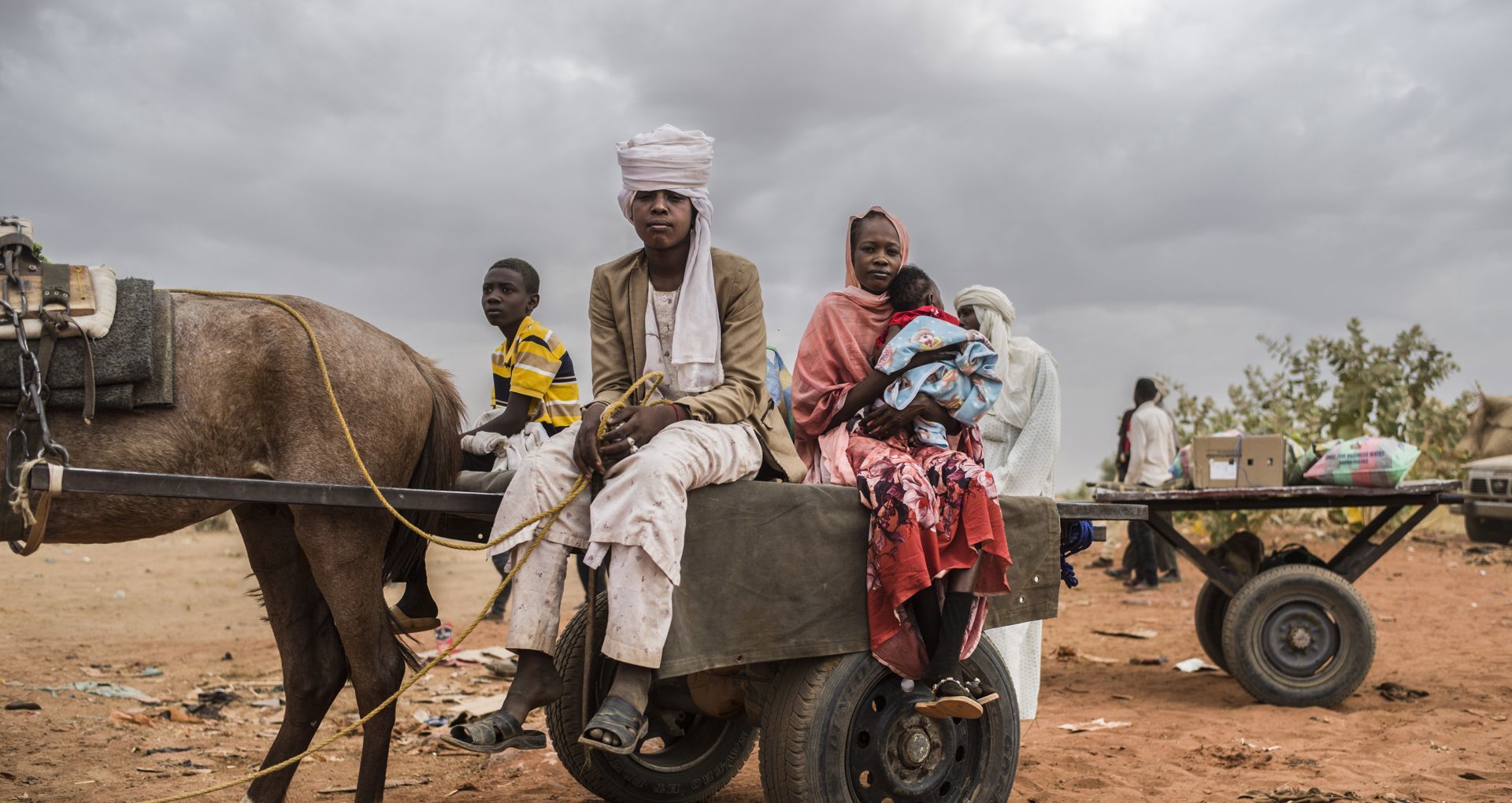One year on, the war in Sudan has spiraled into a colossal man-made catastrophe, which is one of the worst crises the world has seen for decades. Millions of people are battered by war, yet the world is turning a blind eye as the warring parties intentionally block humanitarian access and the delivery of aid. Médecins Sans Frontières/Doctors Without Borders (MSF) is often the sole international humanitarian organisations present in many parts of Sudan, but our response appears to be a drop in the ocean in front of the overwhelming humanitarian needs. While an international humanitarian conference for Sudan and its neighbours was held in Paris on Monday (15 April), MSF urges the international community to show more boldness in the face of this enormous crisis and to initiate a rapid scale-up of the humanitarian response as a matter of urgency.
Millions of people are at risk as heavy fighting persists —including bombardments, shelling and ground operations in residential urban areas and in villages. Only 20 to 30 per cent of health facilities remain functional in Sudan, meaning that there is extremely limited availability of health care for people across the country. MSF teams have treated women, men and children directly injured in the fighting, including shrapnel wounds, blast injuries and gunshot injuries, and from stray bullets. Since April 2023, MSF-supported facilities have received more than 22,800 cases of traumatic injuries and performed more than 4,600 surgical interventions.
Apart from the unabated fighting, Sudan is facing a catastrophic malnutrition crisis - one example is the Zamzam camp in North Darfur, where there have been no food distributions from the UN World Food Programme since May 2023. Almost a quarter (23 per cent) of children that MSF screened there in a rapid assessment in January were found to be suffering from acute malnutrition – seven percent were severe cases. 40 per cent of pregnant and breastfeeding women were suffering from malnutrition, and there was a devastating mortality rate across the camp of 2.5 deaths per 10,000 people per day. There are also extremely concerning food insecurity predictions for the rest of the country.
The overall humanitarian response in Sudan is negligible due to political blockages created by the warring parties and lack of action from the United Nations and international humanitarian organisations. Our operations are constantly challenged as the Government of Sudan (GoS) has persistently and deliberately obstructed access to humanitarian aid: it has systematically denied travel permits for humanitarian staff and supplies to cross the front lines, restricted the use of border crossings, and established a highly restrictive process for obtaining humanitarian visas. In Rapid Support Forces (RSF)-controlled areas, where many different armed groups also operate, health facilities and warehouses were frequently looted in the first months of the conflict and medical workers have been harassed and arrested.
“Today, our biggest challenge is the scarcity of medical supplies. We've run out of surgical equipment, and we are on the brink of stopping all work unless supplies arrive,” says an MSF doctor working in Khartoum, a city that has been under a blockade for the past six months. In the Turkish Hospital in Khartoum, for example, MSF has only 20 per cent of its stock remaining and has already run out of artesunate, which is vital for treating malaria. A similar situation has been impacting the city of Wad Madani since January.
MSF International President Dr Christos Christou says in a statement that the level of international neglect is shocking: “In many of the areas where we work, we are the sole humanitarian organisation there. Before the start of the war, there were dozens of international organisations responding across the country. Now, there are almost none. For a crisis of this scale, this is unfathomable, unacceptable and it cannot be allowed to continue.”
MSF urges the UN and member states to redouble their efforts towards negotiating safe and unhindered access and to scale up the humanitarian response. "This (the access) must be across frontlines and across borders. This is absolutely essential and is the only thing that will prevent further needless loss of life," says Claire Nicolet, MSF emergencies manager for Sudan.


